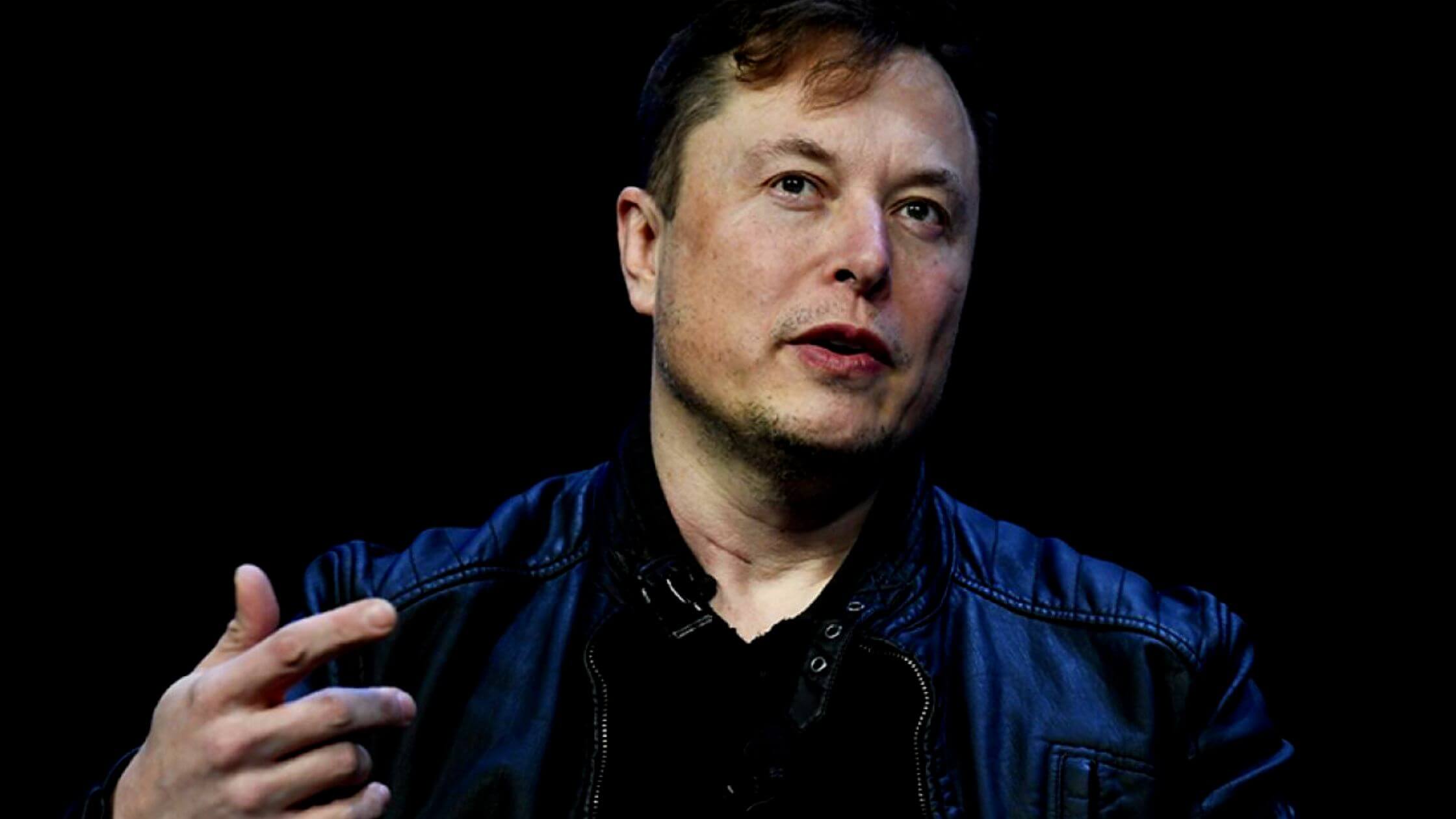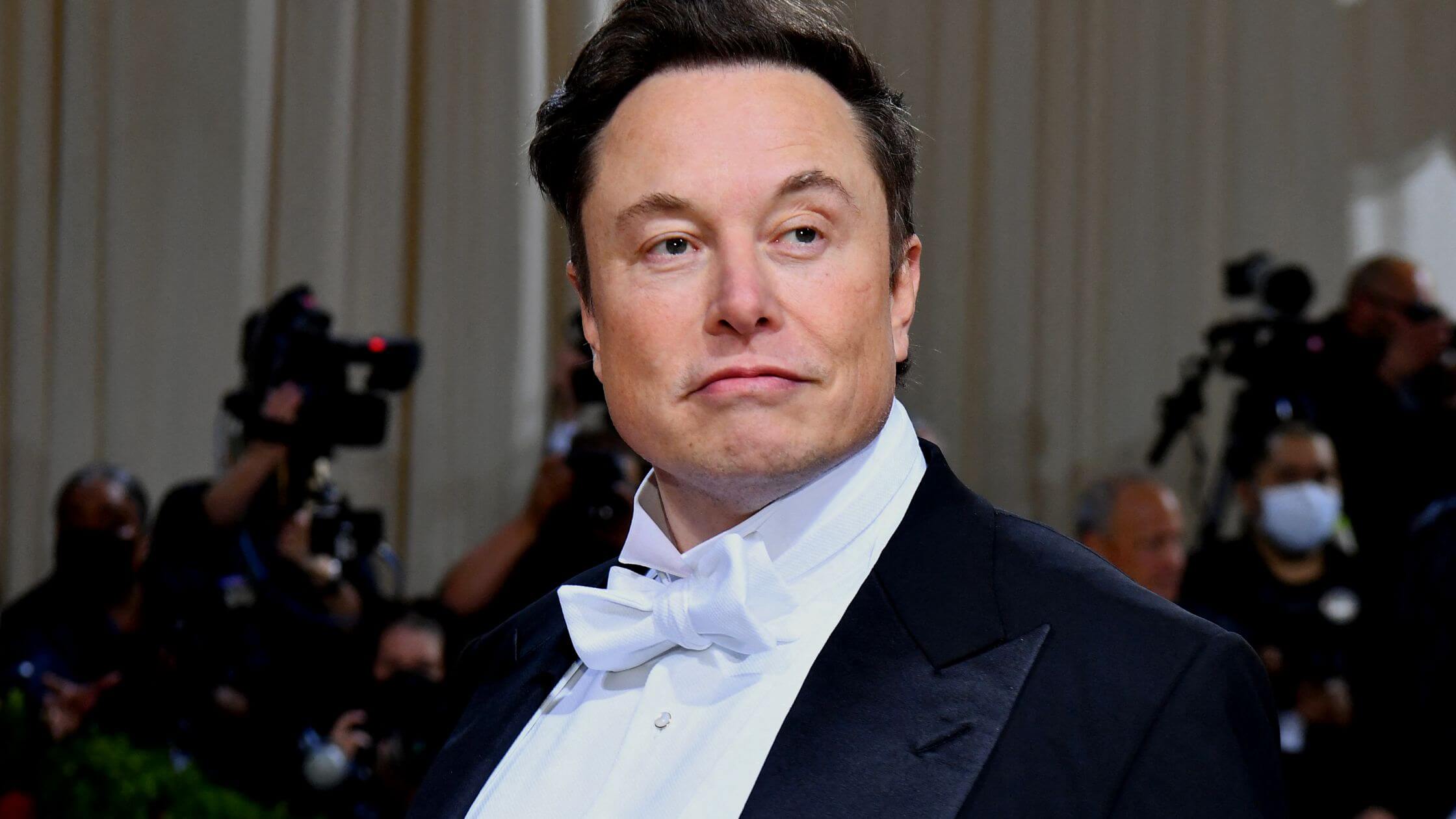Under President Joe Biden, the administration is reportedly scrutinizing some of the business dealings of American tech mogul Elon Musk, including the billionaire’s deal to buy social media platform Twitter.
The White House is reportedly considering whether the Committee on Foreign Investment in the United States should conduct national security reviews of any of Musk’s businesses, including those he owns that are domiciled in China (CFIUS).
What Is The Decision Of Administration?
The Journal reported that the administration has not yet decided whether to subject any of Musk’s companies to the review. It is unclear whether any such companies would be subject to review. Musk, the CEO of Tesla and SpaceX, announced in a tweet last week that he had reached a deal to buy Twitter. Regulators have not yet approved the deal, and the Journal reported that the CFIUS review is unlikely to affect the deal.

The CFIUS review process can block or modify deals that the administration believes pose a national security risk. It is unclear what national security risks the administration might see in Musk’s companies. The administration is also reportedly considering whether to subject other American tech companies to similar national security reviews.
According to sources speaking to Bloomberg, discussions about reviewing Musk’s ventures are still in their early stages. Officials in the US government are also considering what instruments, if any, may be available to allow the federal government to evaluate Musk’s ventures.
The legislation governing the Committee on Foreign Investment in the United States (CFIUS), which reports to the US Department of Treasury, can be used to evaluate Musk’s commercial activities, the study claims. According to Bloomberg, the existence of foreign investors in Musk’s consortium is one aspect of the $44 billion Twitter transaction that could prompt a CFIUS examination. The alliance includes the Shanghai-based cryptocurrency Binance and Saudi businessman Prince Alwaleed bin Talal.
A spokeswoman of the US Treasury Department claimed that CFIUS does not comment publicly on deals it may or may not be looking into. Requests for comment from Twitter and SpaceX did not immediately receive a response. Elon Musk said he would not go through with the purchase of Twitter in May, claiming the company had exaggerated the number of spam and bot accounts on the social media platform. The two sides engaged in several legal battles as a result of this. Earlier this month, Musk changed his heart and said he would uphold the original deal’s terms.
The Journal reported that the administration is considering whether to order a review of Byte Dance’s acquisition of the social media app TikTok. According to the Journal, the administration has not yet decided whether to order the review. The administration is reportedly considering whether to subject the Chinese-owned app WeChat to a national security review. The app, owned by Chinese tech giant Tencent, has come under scrutiny from the Trump administration, which accused the app of posing a national security risk.
Musk, the wealthiest man in the world, has recently tweeted ideas for ending the Russian war and threats to stop funding for Starlink broadband in Ukraine. His tweets and public remarks have angered the US and European leaders while winning the admiration of US adversaries.
Later, Musk backtracked on his vow to quit using Starlink and declared that he would keep paying for the service. Starlink emerged as a crucial communication tool during the Russian invasion of Ukraine. Musk added that while he has offered the service for free, SpaceX is losing $20 million per month due to making it available to Ukraine and that he cannot continue bearing those costs indefinitely.
Even in the case of a telecom failure, the US government would continue using Starlink.

